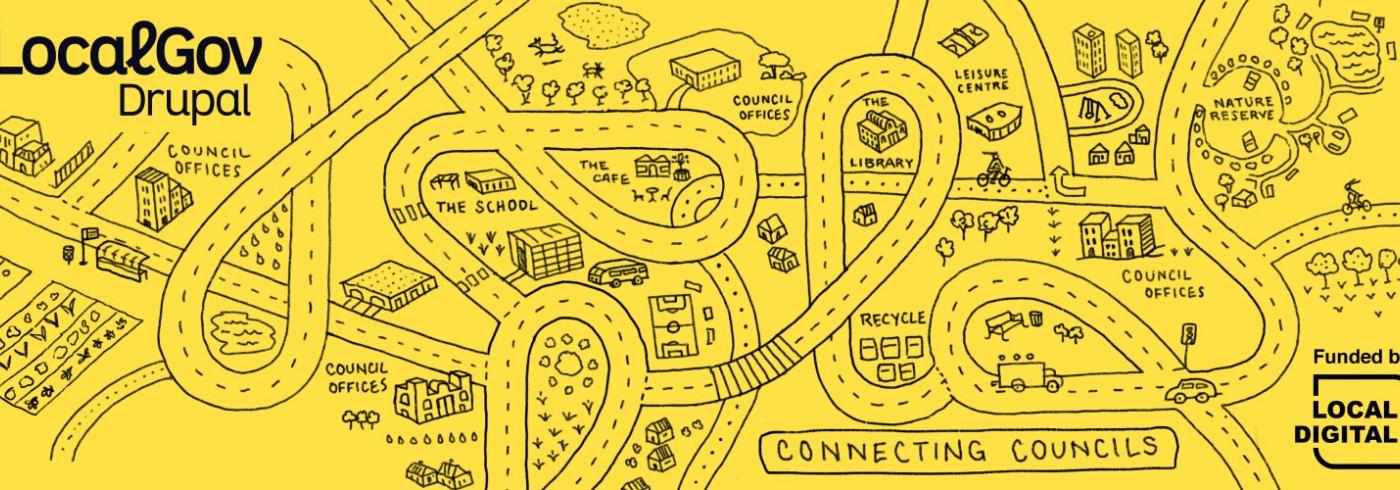
The Local Digital Declaration (LDD), which describes people's ambitions for the future of local government services in the age of the internet, was produced by a large group of individuals.
A group of 45 local governments, industry associations, and governmental organisations collaborated to write it in 2018. This group included our funders at the UK Department for Leveling Up, Housing, and Communities (DLUHC).
The Declaration's signatories hope to work together to provide the framework for the upcoming wave of local public services. They are committed to providing services that are enjoyable for citizens and public servants to utilise, and they see technology as a facilitator rather than a roadblock to such advancements.
In terms of services, the LDD recognises that there is no "one size fits all," but it does think that by developing standard building blocks, local governments will be able to do so more quickly, flexibly, and effectively.
What a beautiful utopian idea! And it's a great and effective defence against petty parasitical third-party businesses that want to enter and take over councils by offering to solve all your problems before trapping you with them. Simply put, this was done as a measure of safety in case something similar ever happened.
The concept appeared intellectually reasonable to the directors and architects at [the council] and would also help save about £100,000 on construction expenses.
The ways in which LocalGov Drupal complies with LDD
The Declaration has been ratified by the Drupal Local Government team. The LGD team were able to achieve the LDD's stated objectives because of our commitment to the LDD's aims and the assistance LGD gets from DLUHC.
The following five concepts serve as the foundation for the Declaration:
1. LGD is dedicated to going above and beyond to satisfy our clients' needs. To address the needs of residents and users, it is necessary to go beyond conventional disciplinary, organisational, and technical barriers in order to maintain this emphasis.
To do this, each municipality may profit from our shared pool of talented developers and researchers.
2. Second, LGD will "fix the plumbing" to cease utilising expensive, stiff, and challenging-to-integrate technology. They insist on adopting open standards to structure the information they create and employ modular components in the IT they rely on if they are to accomplish this aim.
LGD doesn't need to rely on any proprietary or expensive programmes because all of their programming is modular, free, and open source.
3. Third, they'll develop impenetrable data exchange platforms so that everyone can be confident their information is secure, they can better support our communities' most vulnerable members, and they can distribute our limited resources where they'll have the biggest impact.
Members of our community frequently work together to share user data, research and best practices for software development and content production.
4. Fourth, by establishing the framework for significant organisational transformation and enticing everyone they deal with to sign the Local Digital Declaration, they will lead by example as digital pioneers.
Members of our group are pioneers in the field of local government, presenting new models and ideas via the use of open-source software and low-cost website development.
5. Lastly, they will create an open culture that pushes all employees to embrace digital operating procedures and rewards them for doing so. This entails being as open and transparent as they can be with our procedures, sharing our objectives and progress, collaborating with other organisations, and repurposing effective strategies.
LGD strives to be as open and democratic as possible in all aspects of our operations, from governance to the development of our products.
LocalGov Drupal's guiding principles
An open culture that values, incentivises and expects digital ways of working from every member of the project team includes working in the open, sharing our plans and experience, working collaboratively with other organisations, developing and reusing good practise, publishing our work under open source licences, and so on.
Try LocalGov Drupal on AWS, free for 30 days with Code Enigma
Exclusively for local councils and other public sector organisations, we've been collaborating with LocalGov Drupal and AWS to develop a free 30-day trial.
If LocalGov Drupal is not the right fit for you, you are under no obligation to continue. With the possibility to extend by an additional two months, try it out for 30 days. You may also buy support hours to customise your demo.